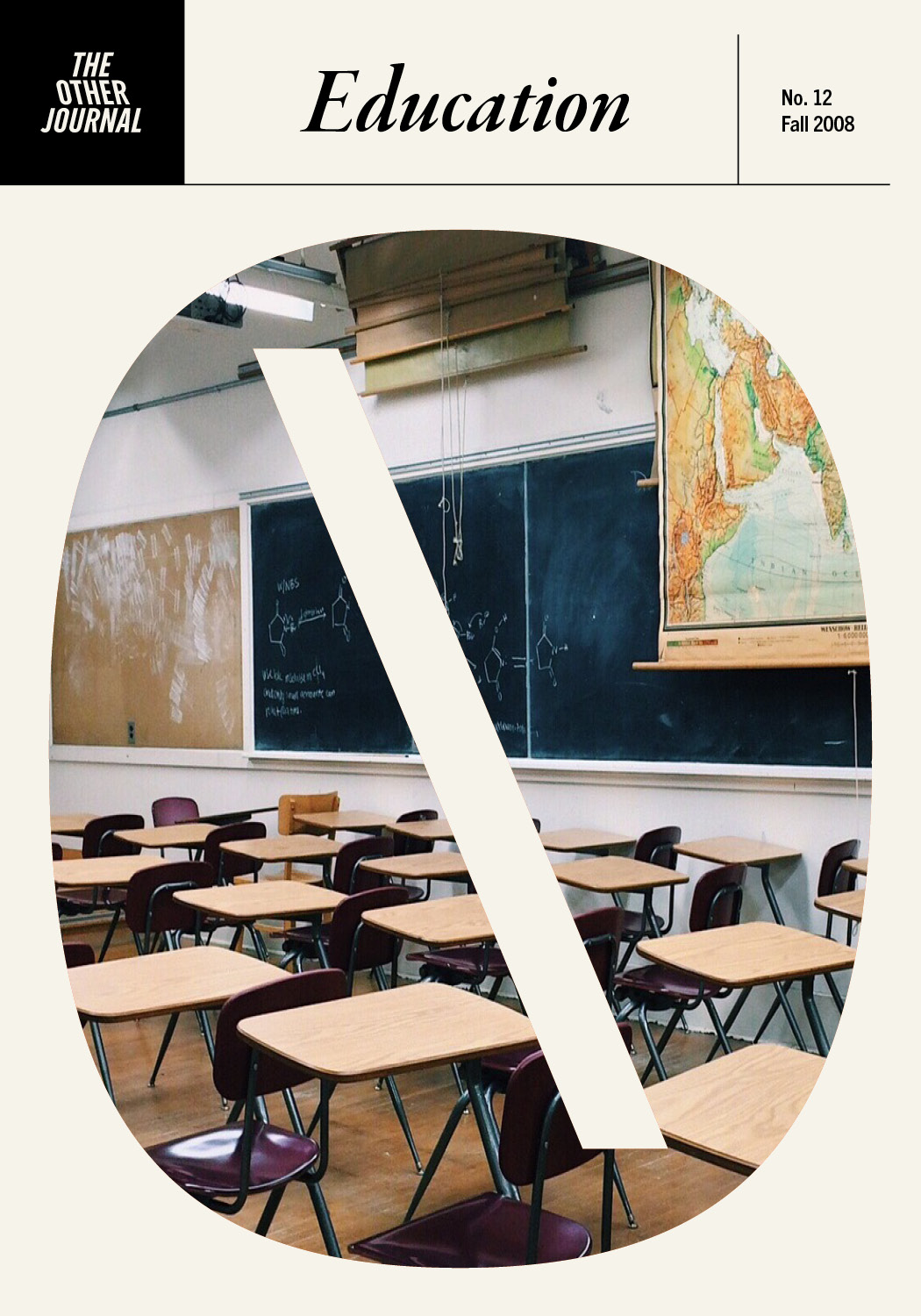The Academy, the Polis, and the Resurgence of Religion: An Interview with Graham Ward
In this interview, University of Manchester professor and theologian Graham Ward discusses the relationships between contemporary higher education, especially in theology, politics, capitalism, and globalization.
